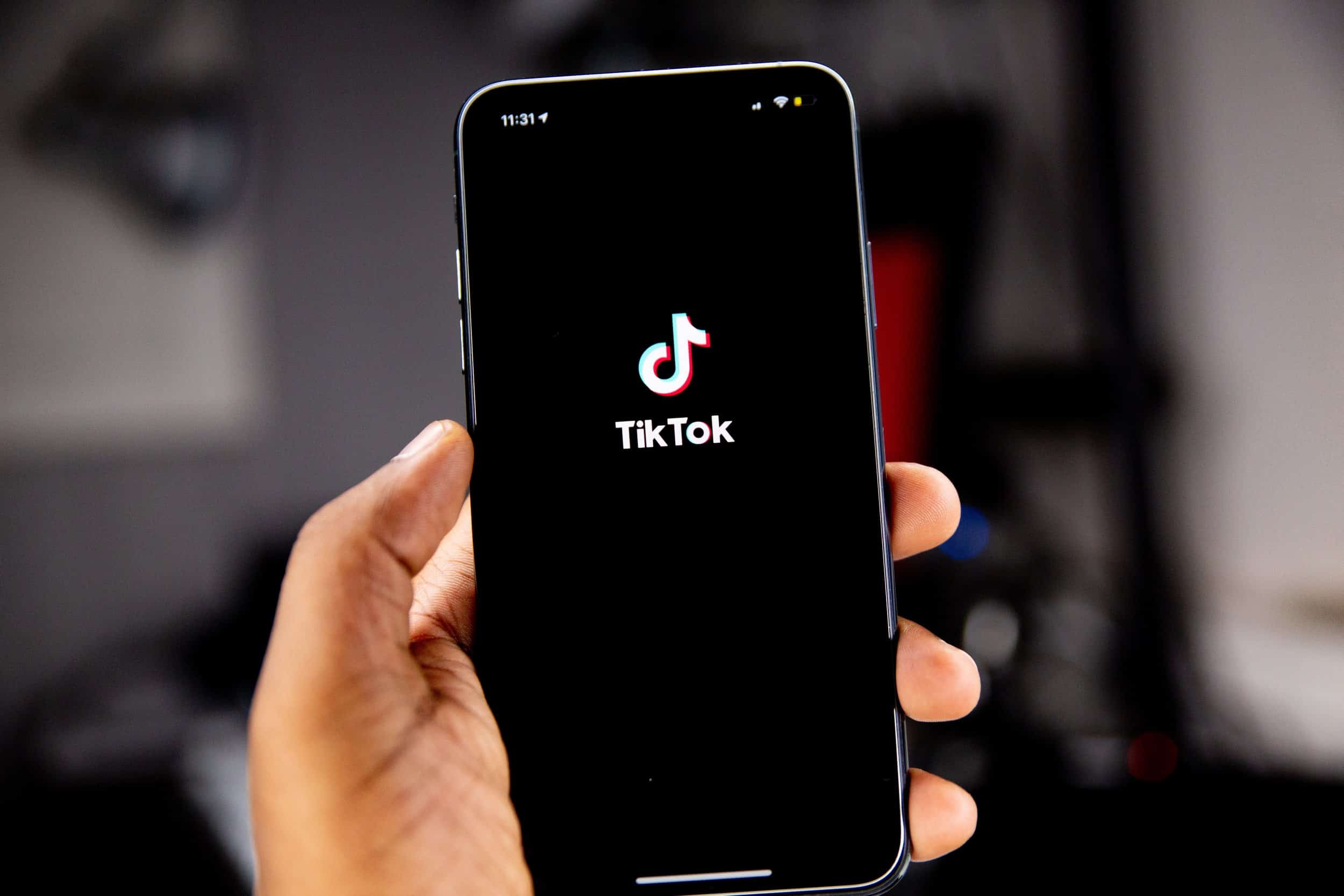From public speaking paralysis to fearless presentations: How to silence your imposter syndrome in 5 easy steps

CKP offers employees a yearly professional development allowance to use at their discretion to propel their careers forward. Whether by enrolling in taught courses, self-study programs, seminars, workshops or conferences, the CKP team is empowered to gain expertise, develop new skills and continuously improve performance. In this blog series, CKP team members share lessons learned and best practices.
Public speaking has never been my strong suit.
I was a shy child, painfully embarrassed by my parents’ loud, ebullient, never-met-a-stranger personalities. In my teens, I was petrified by student council election speeches and improv exercises in theater class. In college, I performed best in tiny seminars (less pressure) or auditorium-sized survey courses (easy to blend in).
But these childish fears were nothing compared to the public speaking paralysis I’ve experience in my professional life. I’ve bombed in front of rooms full of interns and frozen up mid-presentation in more than a few board rooms. The symptoms are always the same: Tunnel vision, dry throat, shaky hands, strained voice.
Shyness is one issue, but the real root case is imposter syndrome.
But as they say, if you lean into areas of discomfort you’ll find opportunities for growth. So I sought a professional development coach to help me become a fearless presenter.
Enter Glenn Taylor, President/Founder of Skybound Coaching & Consulting. Glenn and I committed to working together for six sessions in an effort to better my presentation skills and public speaking confidence. These are the five big things that have stuck with me since.
Tip 1: Rescript your imposter syndrome thoughts
Consider the negative thoughts that spring to mind when you’re mid-presentation. Which ones are real issues that need to be addressed? Which ones are excuses? Rescript these thoughts into something that’s more authentic. For example, “I didn’t study this in college so don’t know enough” becomes “I love learning and there’s always room to grow, but I have indispensable real-world knowledge and experience now.” Make this a mantra.
Tip 2: Be brief and concise
As a communicator, brevity is something that I admittedly preached better than I practiced—especially when it came to presentation decks. So I took a critical look at my slides. The structure should be conducive to the content, and the content shouldn’t be overly wordy or complicated. Bullet points should serve as cues for the presenter and clues for the audience, but shouldn’t be a wholesale script for the presentation. Make it easier on the audience and yourself by reducing the copy to the simplest, most straightforward information.
Tip 3: Be prepared
Historically, my personal coping mechanism for public speaking stress has been avoidance and procrastination, which always left me unprepared for presentations and accelerated the stressed-out spiral. The key to better presentations is to prepare. My preferred method is to script out the presentation slide by slide, elaborating upon the main points from my deck and preparing a few anecdotes. Don’t forget about the introduction or transitions! Having these seemingly simple, easily overlooked parts of my presentation in the bag is an easy way to boost confidence.
Tip 4: Practice
Set up your cell phone, hit “record” and run through your presentation as if you were in front of an audience—then review yourself. How is your body language, posture, stance, gestures, expression and eye contact? How smooth is your delivery? Which parts of the presentation trip you up? Are you moving too fast or slow? Are you repeating words or resorting to fillers? Grade your performance, designate focused areas of improvement, then do it all over again… and again… and again. By establishing a benchmark for comparison, you’ll be able to see where you’ve made strides and where you would benefit from additional attention.
Tip 5: Repeat (and repeat and repeat)
Exposure therapy—while a nightmare for anyone who has a true fear of public speaking—is the only thing that will cure you of it. Present to your partner or your kids or your friends, sign up for Toastmasters or improv class, seek out opportunities that make you uncomfortable.
Being an expert communicator and an expert at communications are not the same thing, and bridging these two skills closer together isn’t rocket science. Once you do you’ll wonder why it took you so long to try.
More Blog Posts

In the digital era, one symbol has risen to become a ubiquitous thread connecting social media platforms, marketing campaigns, and...

Despite the recent introduction of legislation to ban the use of TikTok in the US, when it comes to social...

One thing that always comes up in a CKP meeting: food. Do we have a shared recipe doc for swapping...

When you hire a graphic designer to build social media assets or engage an agency to rework your branding, it...

